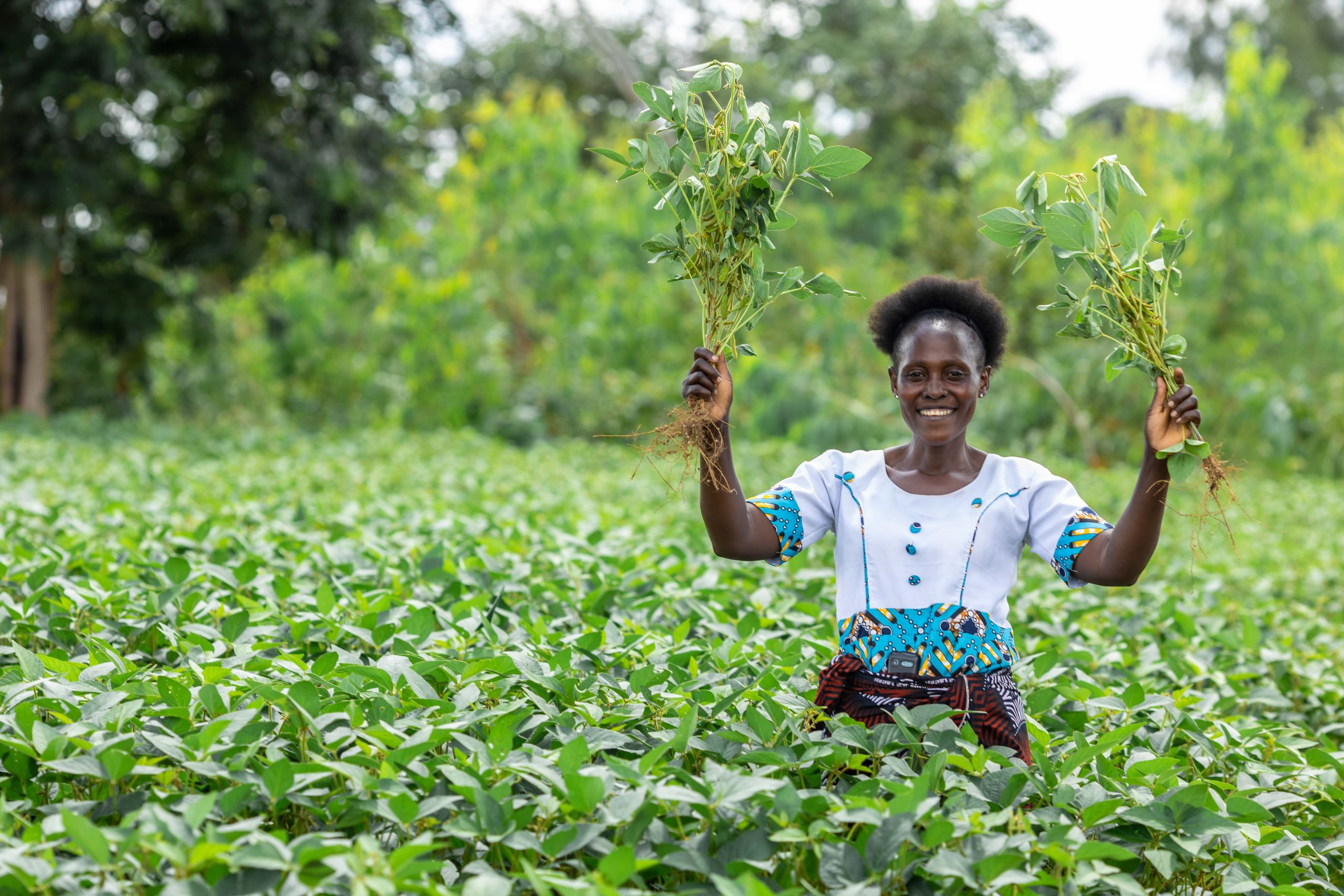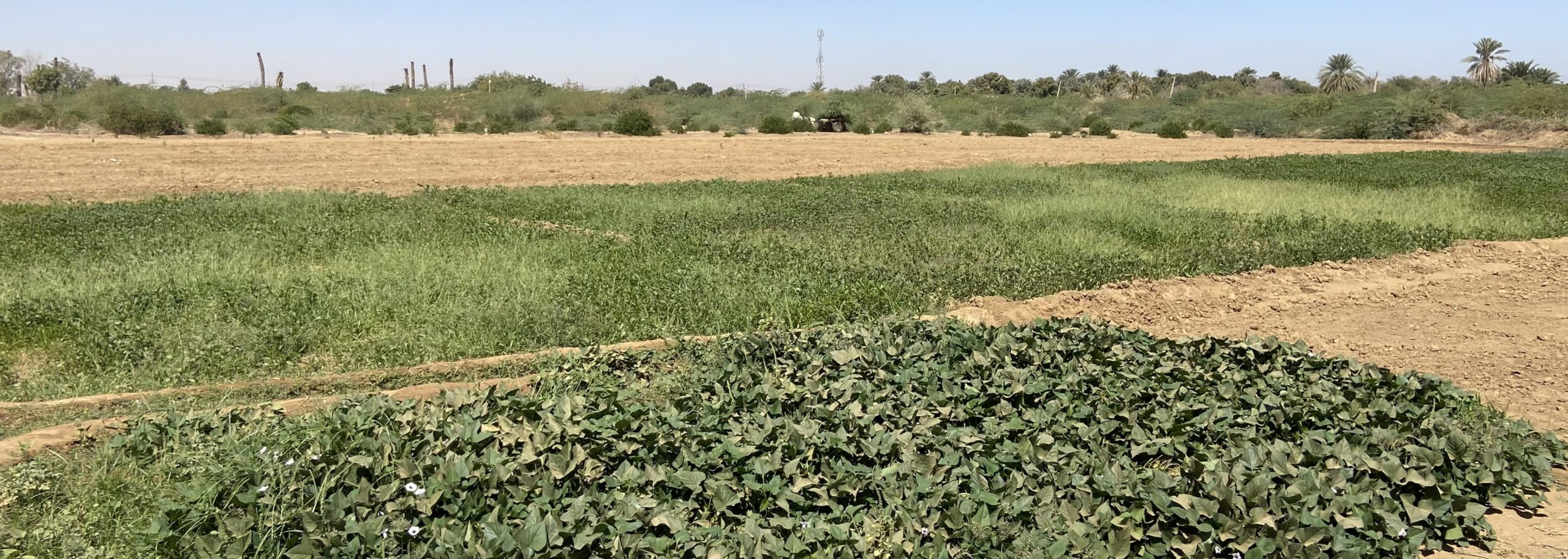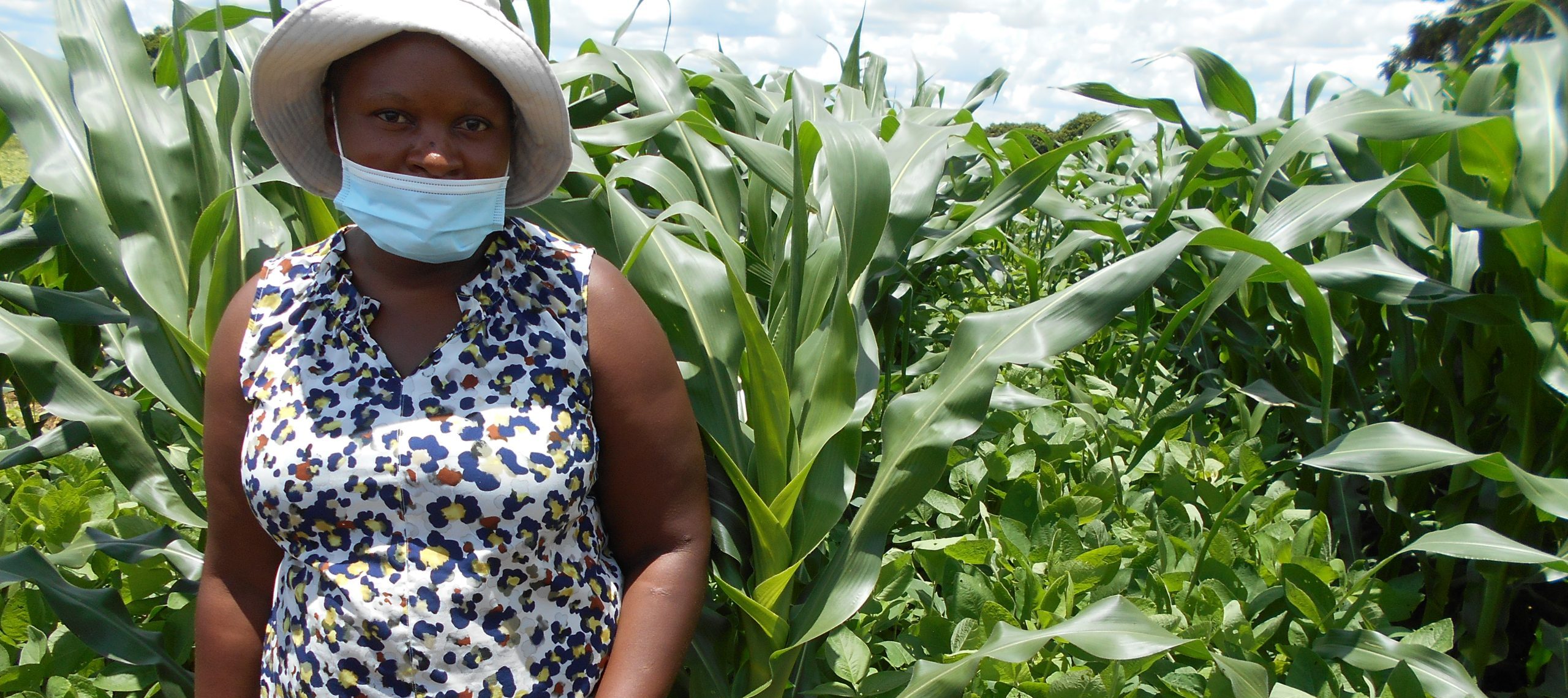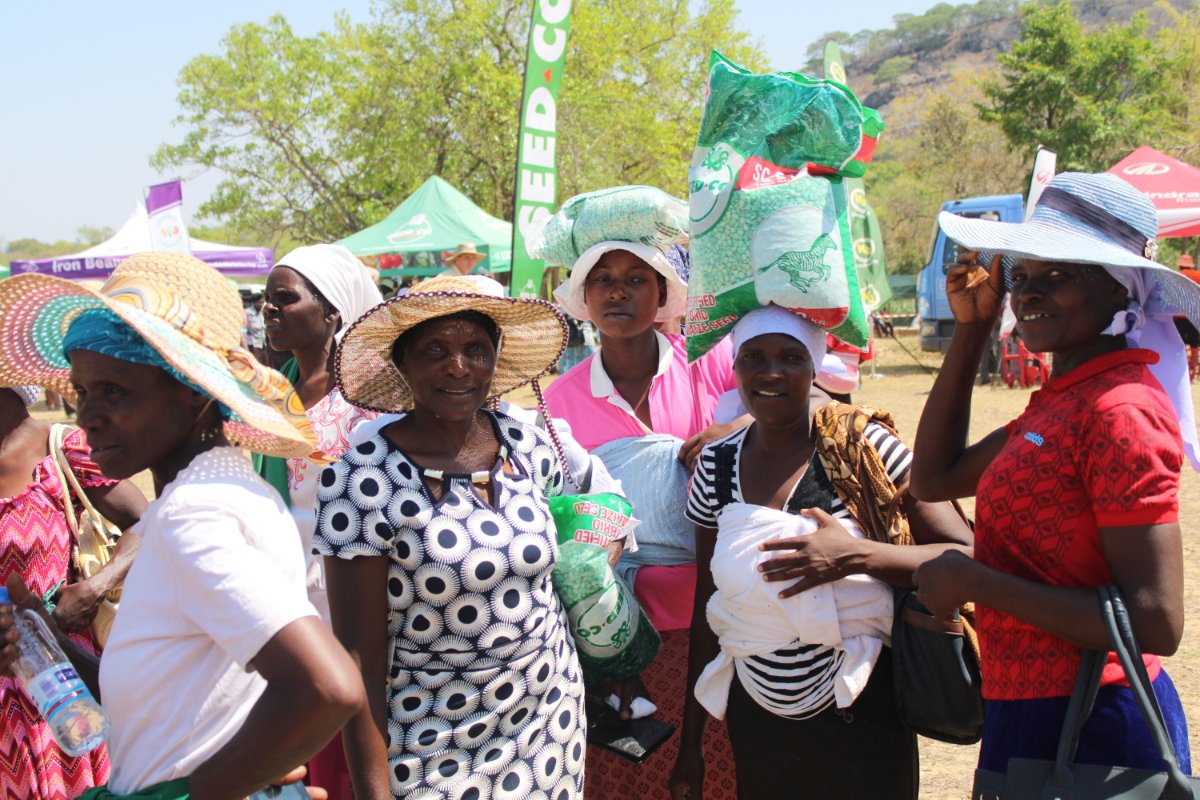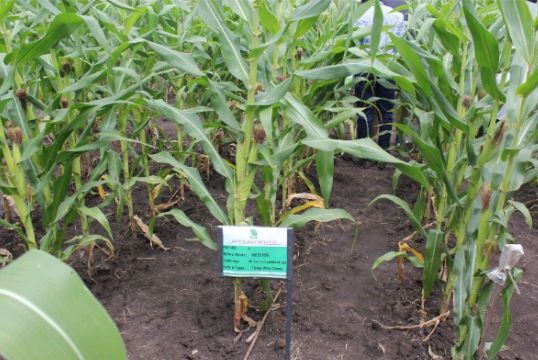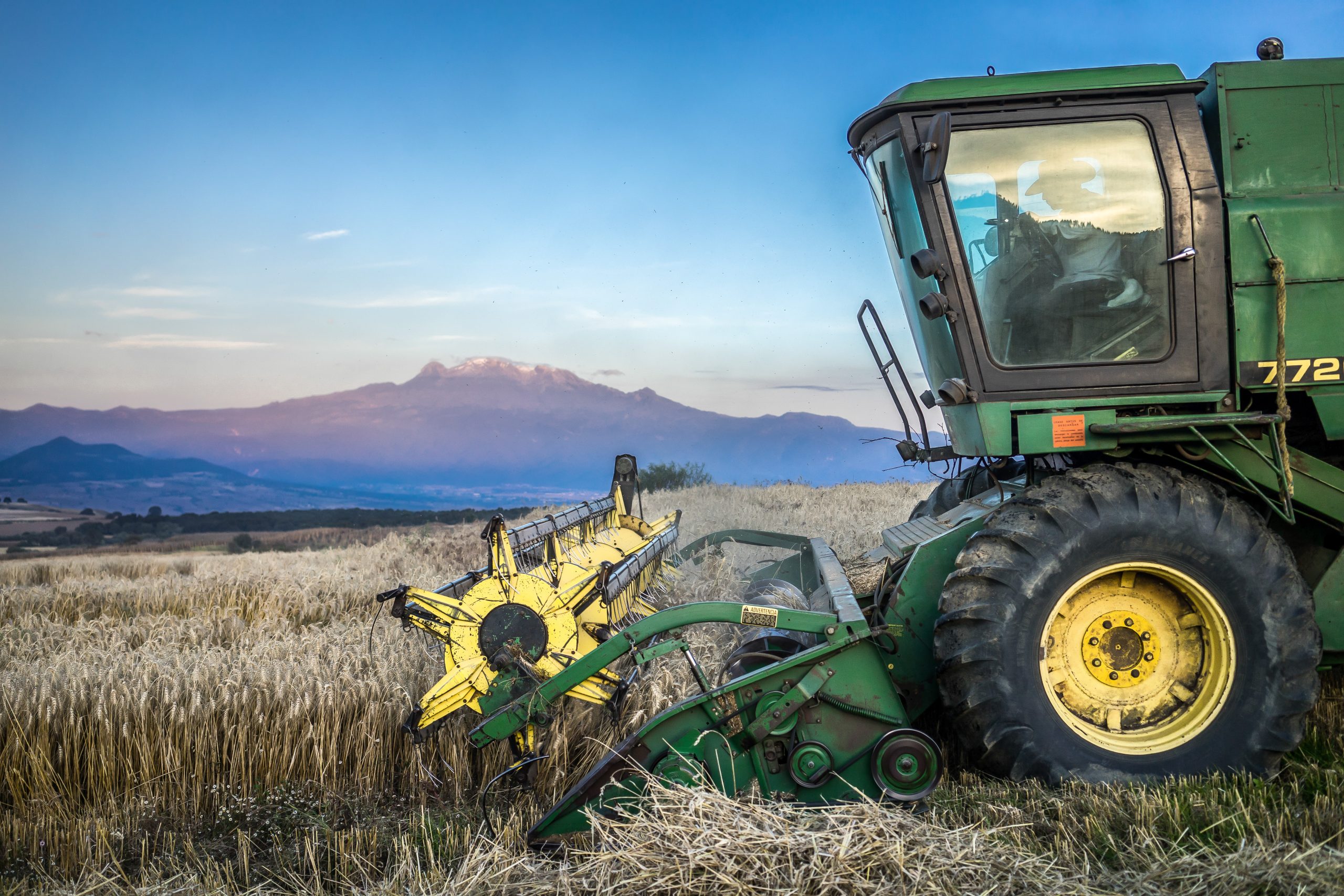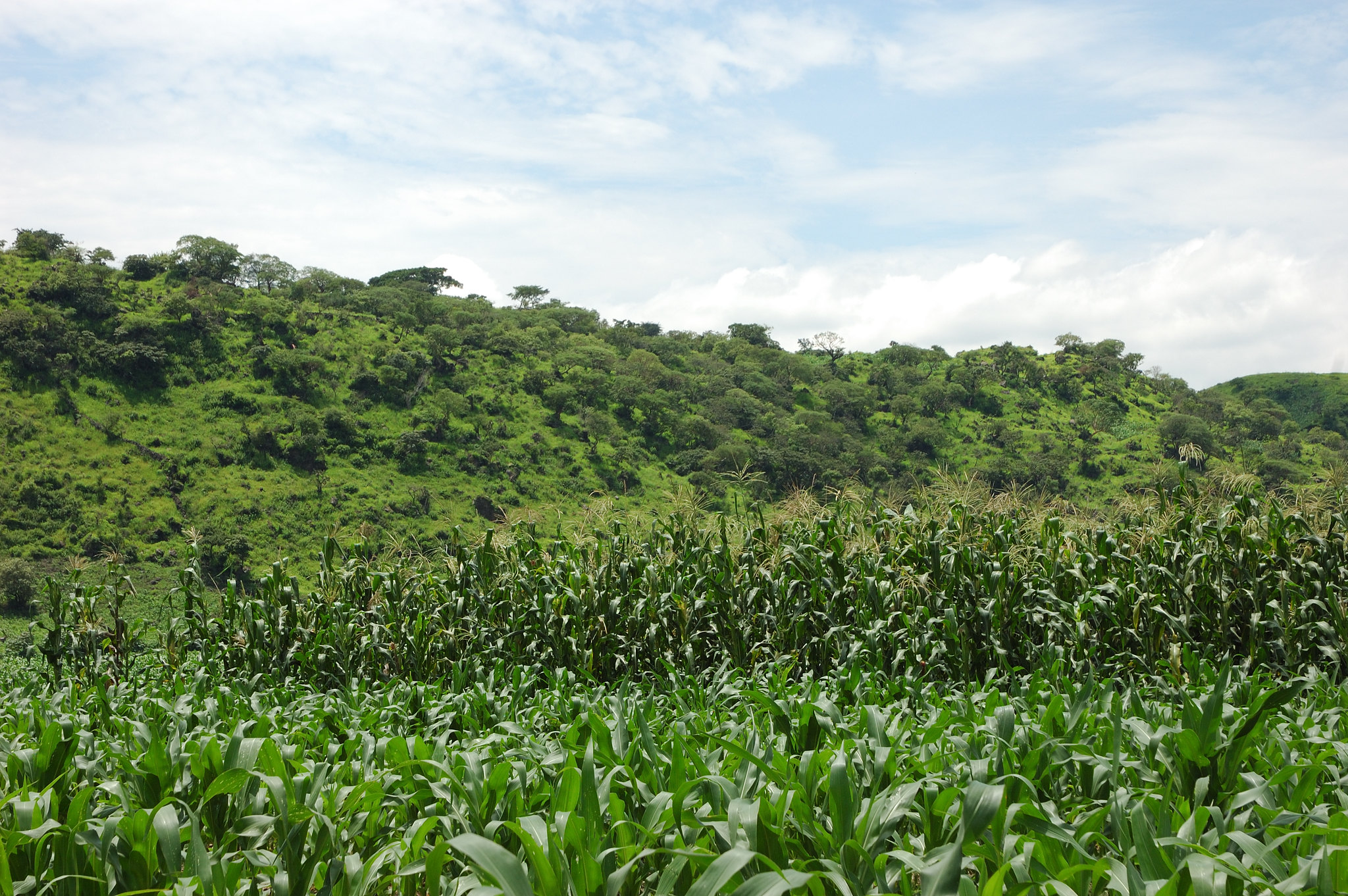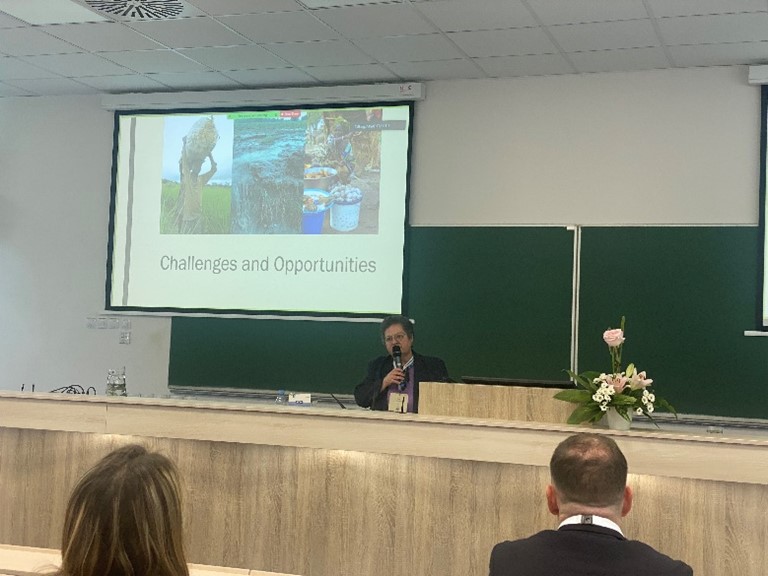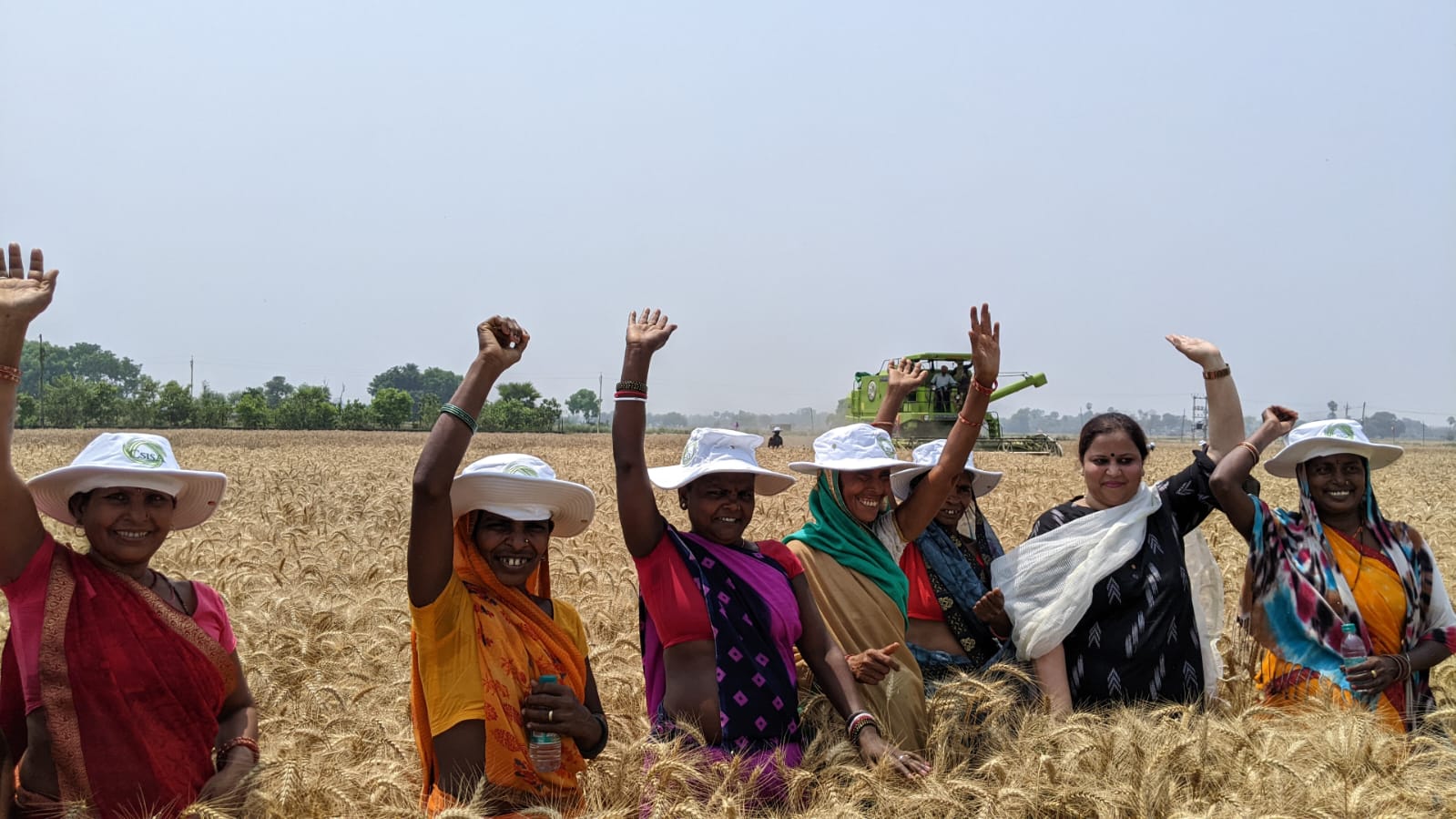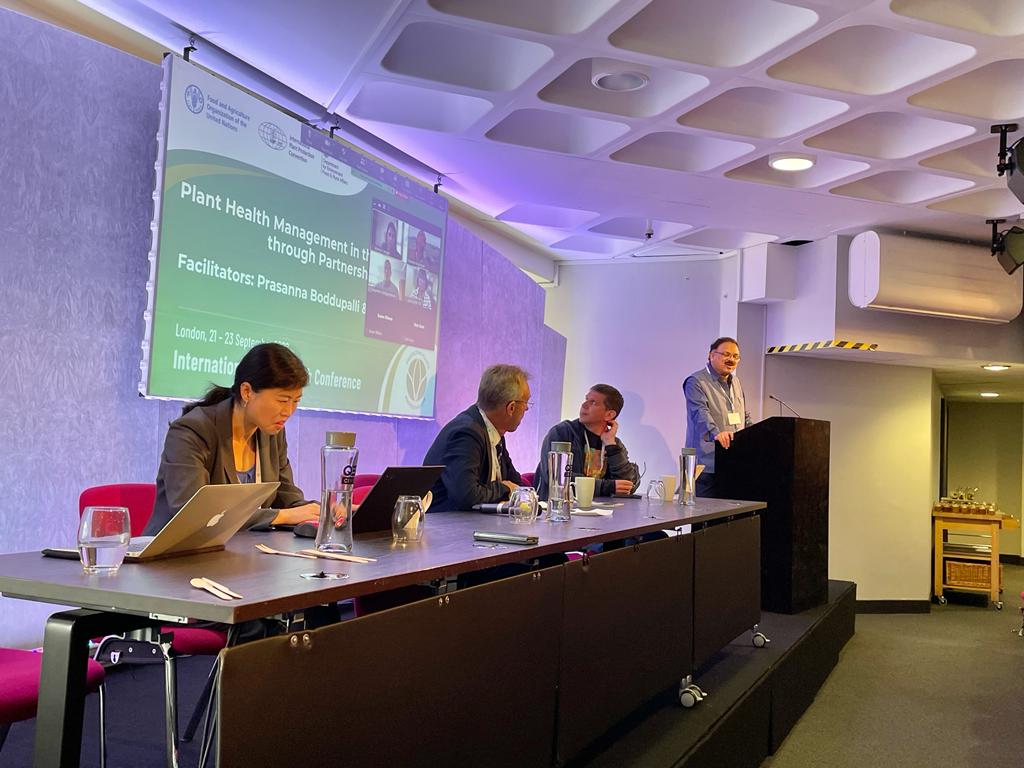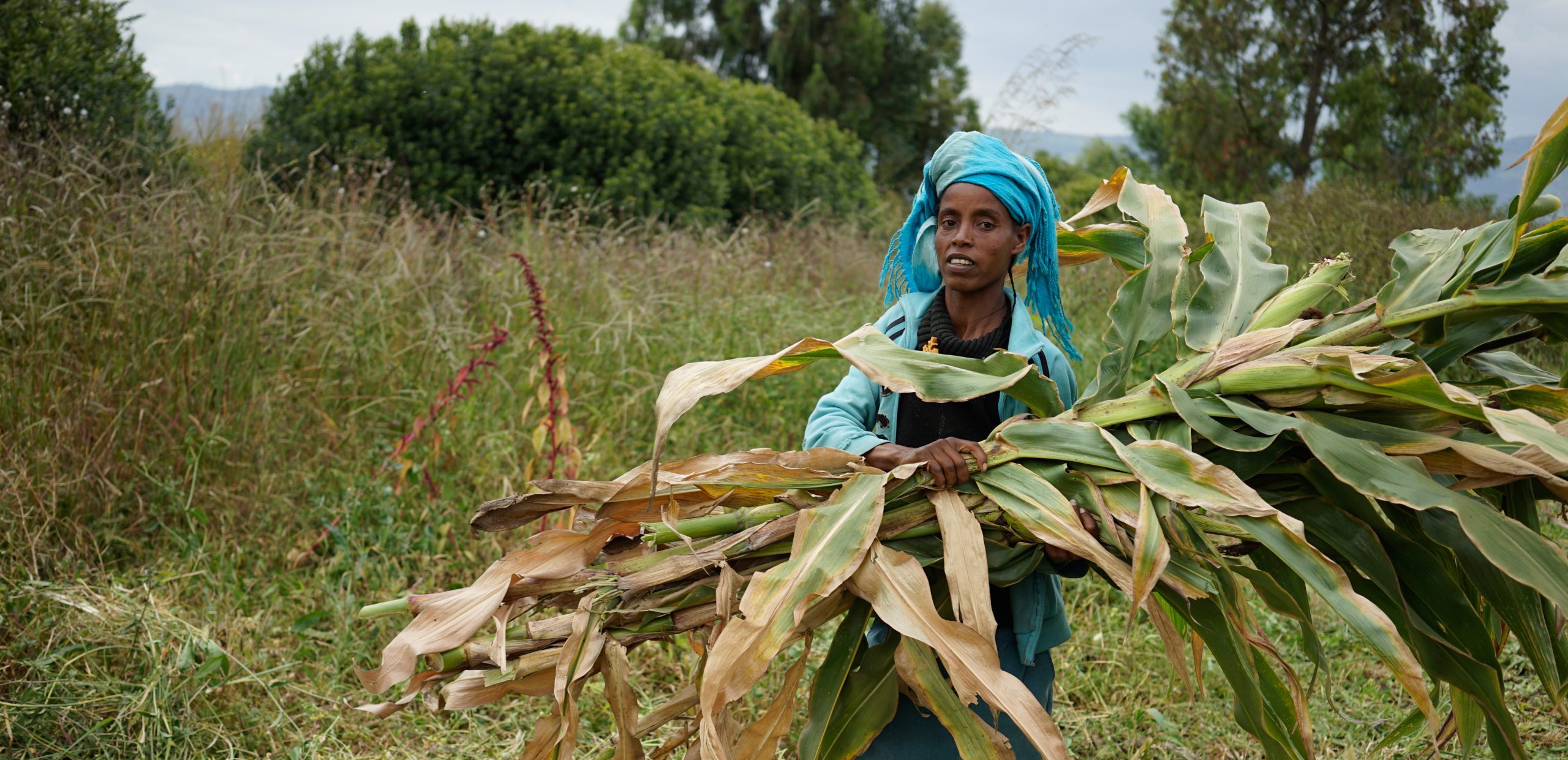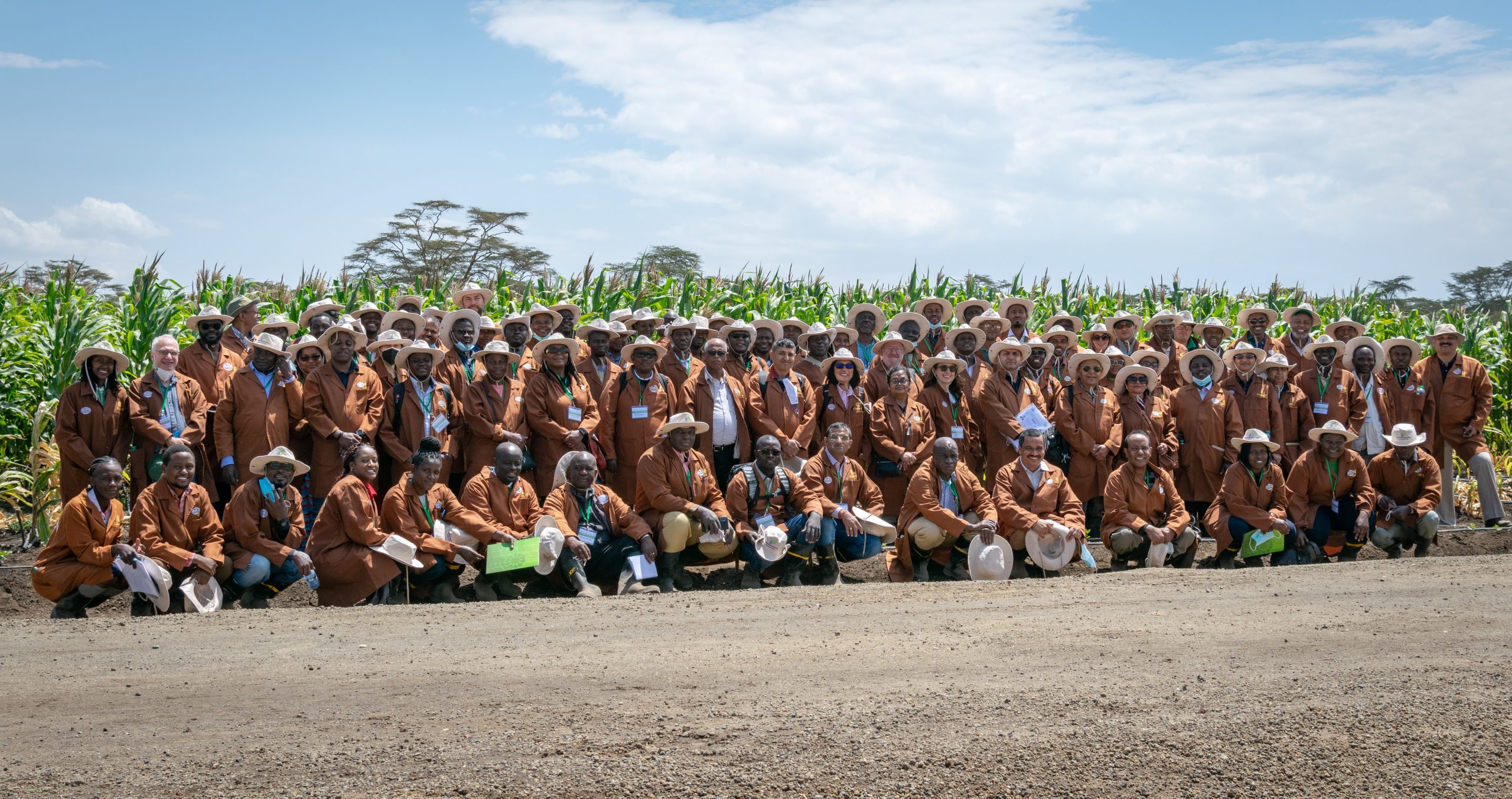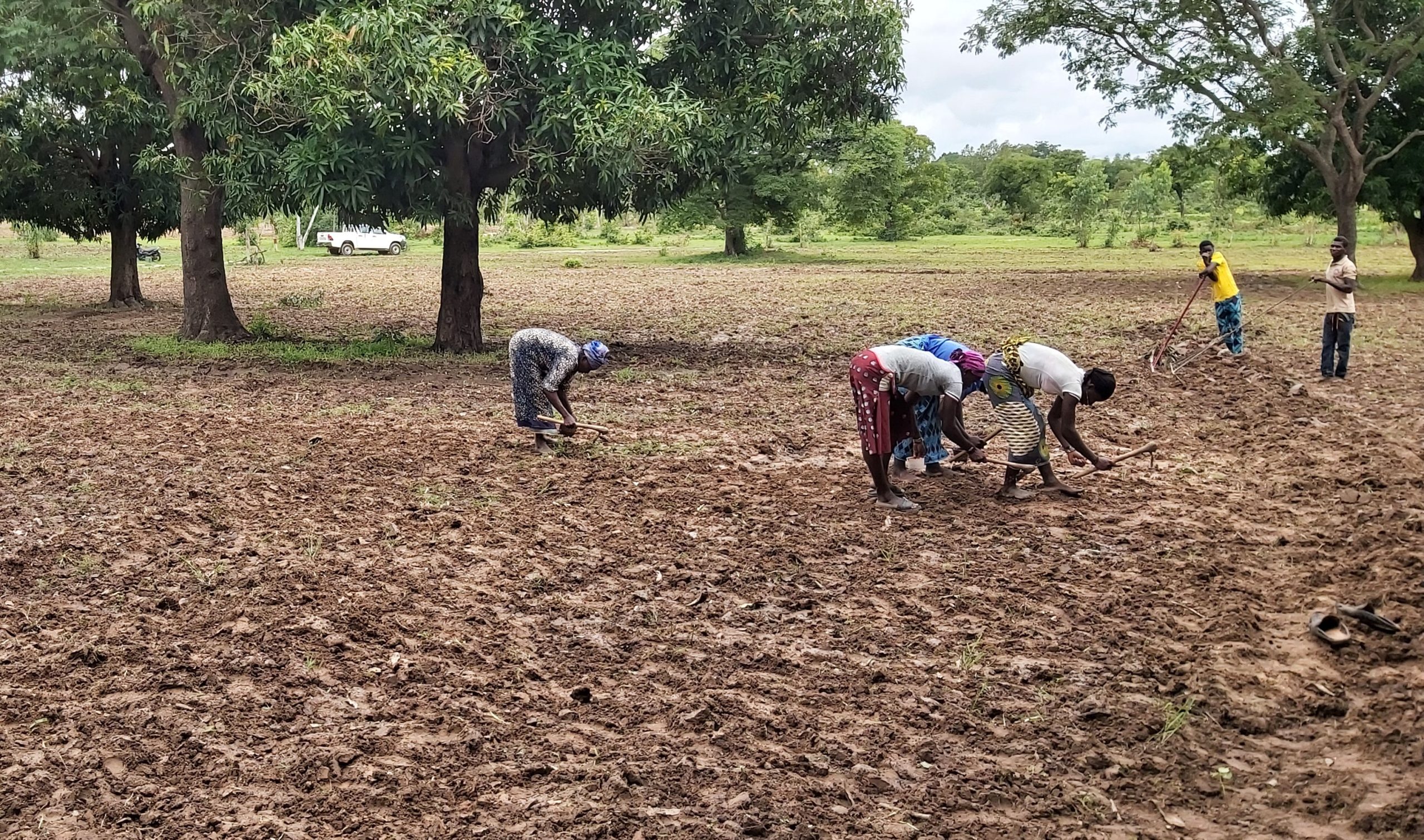Africa
CIMMYT’s work in Africa helps farmers access new maize and wheat systems-based technologies, information and markets, raising incomes and enhancing crop resilience to drought and climate change. CIMMYT sets priorities in consultation with ministries of agriculture, seed companies, farming communities and other stakeholders in the maize and wheat value chains. Our activities in Africa are wide ranging and include: breeding maize for drought tolerance and low-fertility soils, and for resistance to insect pests, foliar diseases and parasitic weeds; sustainably intensifying production in maize- and wheat-based systems; and investigating opportunities to reduce micronutrient and protein malnutrition among women and young children.
Zambia officials promote sustainable maize cropping practices for small-scale farmers
 Environmental health and biodiversity
Environmental health and biodiversity
The new farming methods can raise harvests, enrich soils, and capture and conserve moisture.
Farmers introduced to stress-tolerant hybrid maize varieties
 Environmental health and biodiversity
Environmental health and biodiversity
Source: Ghana Business News (2 Nov 2022)
A field day in Ghana organized by the AGG project supports farmers to adopt maize varieties with tolerance to stress.
CIMMYT project helps educate farmers in Zimbabwe on seed practices and improved varieties
 Climate adaptation and mitigation
Climate adaptation and mitigation
A project run by CIMMYT is giving farmers access to demos, field days and seed fairs to improve their understanding of good agronomic practices and improved seed varieties.
Kenya Lifts 10-year Ban On GM Foods, Allows Open Cultivation, Importation Of White GM Maize
Source: New Nigerian Newspaper (20 Oct 2022)
Food crops and animal feeds produced through biotechnology innovations can now be imported into Kenya after the ban on genetically modified organisms (GMOs) was lifted.
Exploring the potential for scaling nutritious cereal-based foods
 Nutrition, health and food security
Nutrition, health and food security
CIMMYT’s agrifood systems research looks at how to better connect farmers to consumers in a sustainable way, allowing for higher benefits from farming and increased access to nutritious cereal-based food for consumers.
Is uptake of rust-resistant wheat linked to gender equality?
 Environmental health and biodiversity
Environmental health and biodiversity
CIMMYT presents data to Tropentag on potential benefits of women participation in household decisions on crop farming and variety selection.
Technology addresses gender inequality in wheat farming
 Gender equality, youth and social inclusion
Gender equality, youth and social inclusion
Male and female farmers in Ethiopia and India face different challenges to accessing new wheat varieties, discovers CIMMYT researchers.
Partnerships crucial for protecting plant health
 Environmental health and biodiversity
Environmental health and biodiversity
Insights from the CGIAR Plant Health Initiative reached new audiences at the first ever International Plant Health Conference.
Gender-informed policies fundamental for climate change adaptation
 Climate adaptation and mitigation
Climate adaptation and mitigation
Reducing the gender gap in Ethiopian farming households can enhance climate change adaptation by female-headed households by almost 19%.
AGG-Maize project registers impressive progress
 Nutrition, health and food security
Nutrition, health and food security
Achievements and next steps discussed at the review meeting in Nairobi, Kenya.
In Burkina Faso, a business model for mechanization is providing hope
 Innovations
Innovations
CIMMYT and its partners are helping farmers branch out into business to improve crop yield and create job opportunities in their communities.
